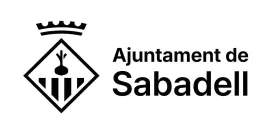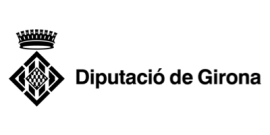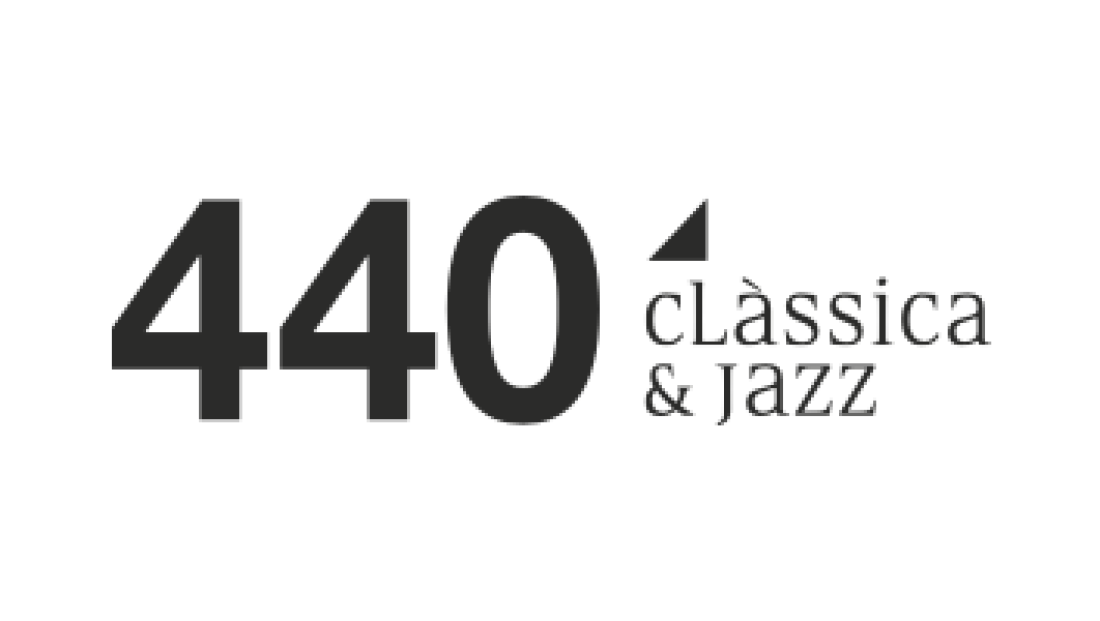WATER AND FIRE IN SERVICE OF THE KINGS
08.02.2024
Neila Franch, journalist. News published in the digital newspaper Núvol on February 7, 2024.
If we go back to the early 18th century, in the midst of the late Baroque period, one of the prominent names that comes to mind is George Friedrich Handel, known for numerous works, including, for example, the aria "Lascia Ch'io pianga" from the opera Rinaldo, written in Italy, or the oratorio Messiah. The composer, of German origin, resided in different countries, writing works for patrons and aristocrats who were passionate about musical arts. The English kings of the time were no exception: not one, but two kings commissioned music from him to accompany their celebrations, almost as if it were a soundtrack for their parties.
This Saturday, February 17th, at 6:30 p.m., the baroque orchestra Vespres d'Arnadí will perform these works by the great composer Handel, with harpsichordist and conductor Dani Espasa leading the ensemble. The concert, organized by the Orchestra Simfònica del Vallès and the Orfeó Català Foundation, will take place in the concert hall of the Palau de la Música Catalana, with a carefully selected repertoire for its reputation, both for the composer's overall work and for the importance they hold in their genre: "Water Music" from 1717 and "Music for the Royal Fireworks" from 1749.
King George I of Great Britain, who had already dealt with Handel before his arrival in the British Isles, asked him for a piece to be performed on a large barge on the River Thames, which flows through the city of London. And so it was: on July 17, 1717, fifty musicians played the joyful melodies that make up the orchestral movements or suites of one of the German composer's masterpieces. The musicians' barge sailed close to the king's barge, who, absolutely delighted by the music, requested the piece to be repeated twice more.
Despite the extravagance of this monarch's proposition, it was not the only outlandish commission Handel would receive. George I died a few years after this trip on the Thames, and in 1749 his successor, George II, wanted to give a special touch to the annual Royal Fireworks. Precisely, it was intended to celebrate the end of the War of the Austrian Succession and, with it, the signing of the Treaty of Aix-la-Chapelle, and for this reason, the king commissioned the composer to create a work to accompany these majestic fireworks and bring to life their colors and movements. The result was a combination of orchestral music, fanfares, and waltzes with majestic and colorful melodies. A great success, although the fireworks set fire to a wooden structure that collapsed, causing a commotion on-site.
Related Concert



















